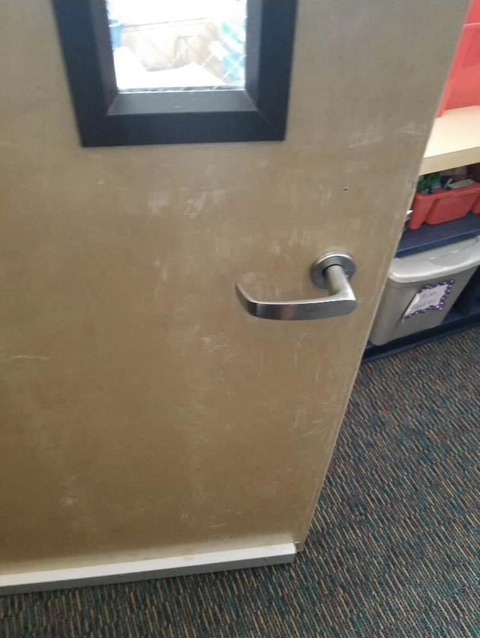McCullough on Teaching Training: Don’t Major in Education!
November 27, 2012Quote of the Day
November 28, 2012CREDO Study: Newark Charters Rule
Everyone’s talking about the new CREDO study, just released yesterday. The highly-regarded Stanford study looks at the performance of charter schools in New Jersey. Here’s the lede from the Huffington Post:
Students in New Jersey charter schools perform better on average than those same students would in traditional public schools, according to a highly anticipated Stanford University study released Tuesday. The study, which looked at the state’s performance relative to charter schools nationally, found that while New Jersey charters tended to have more promising outcomes, Newark’s schools are responsible for the bulk of the gains.
“The real story here is how Newark’s middle-school charters are lifting otherwise low-achievement youths,” said Bruce Fuller, a University of California, Berkeley education professor who was not involved in the study. “Once you go outside of Newark and into elementary schools, the results are quite disappointing.”
For local news coverage, see NJ Spotlight, Star-Ledger, and the Courier-Post, and the Philadelphia Inquirer. On the editorial side, check out Bruce Baker, who attributes Newark charter school success to statistical weaknesses in CREDO’s analyses plus Newark’s duplicitous “creaming” schemes that funnel “non-disabled, non-poor, fluent English speaking females” into “the city’s highest flying charters.”
NJEA Spokesman Steve Baker echoed Baker’s criticisms in the Inquirer:
“It’s good news any time students are doing well.” But he added that though the CREDO study matched charter school student characteristics with those of comparable regular public school children, the schools they attend have different student makeups and that might influence student performance.”You have to be very careful about thinking about this as an apples-to-apples comparison,” he said.
CREDO director Margaret Raymond responded that the charters and the schools they come from have similar demographics in many respects.
For counterpoint, read Andy Smarick, former Deputy Commissioner of the DOE, who writes in Fordham’s Flypaper blog,
For every year a Newark student is in a charter, she advances seven and a half months in reading and a full year in math compared to her traditional public school peers.
That is astounding.
Charter opponents will find these results impossible to dismiss. The methodology is rigorous, and much of the anti-charter world has pointed to previous studies by this organization to discredit charters. They’ll be hard-pressed here to fault the message or the messenger.
The reason I find these results so exciting and so gratifying is because they show what is possible when the right charter strategies are employed. When I worked for the New Jersey Department of Education, we were careful to allow only the best, most-prepared schools to open. We enabled the very best charters to grow (like the KIPP TEAM and North Star campuses in Newark). And we were willing to close those that weren’t living up their responsibilities.
For this, state education commissioner Chris Cerf, Governor Chris Christie, and the great staff at NJDOE deserve enormous credit. They have built practices and a mindset that will ensure these superb results only get better in the years to come.




